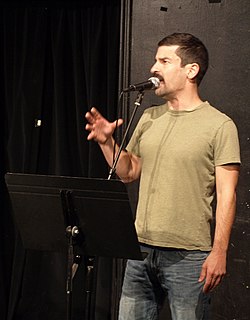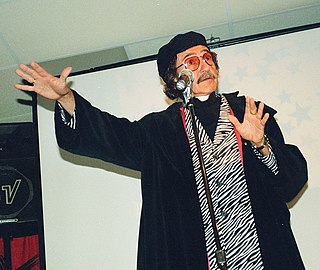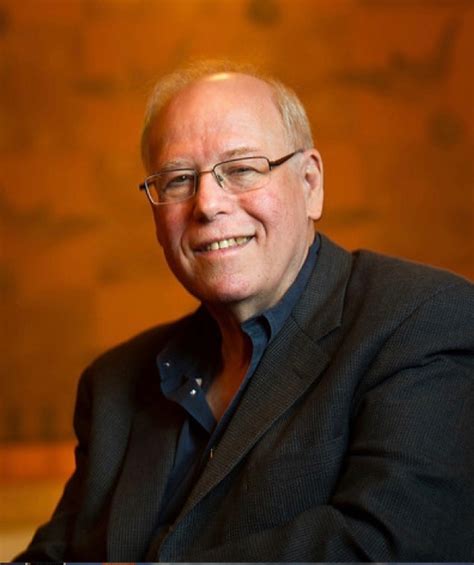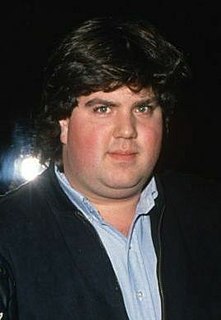A Quote by Jon Ronson
When I was 20, I wrote a film on spec and sent it to the BBC. They wrote back, 'Usually, when we reject submissions, we like to offer some encouragement, but in your case, we don't see any point in you continuing.' I took it as encouragement anyway, thinking that only people who write terrible things are capable of writing great things.
Related Quotes
You write a spec, and you pour your heart and soul and life into a spec, and you think that spec is the movie that's going to sell and get made... I've never heard of anybody that happened to. What happens is, you write a spec, people get it, they see your writing, they see you're good, they bring you into their office and they say, "Boy, that spec was really good - we'll never make that in a million years. We have rights to the board game of Monopoly. What do you think about a Monopoly movie?".
I think women need to hear more encouragement in any field, because I see it - I teach creative writing. And even though it's mostly women in the room, they're not often - or they didn't used to be the ones who went on to publish books. I know this sounds like a tautology, but encouragement is the key.
The secret of it all, is to write in the gush, the throb, the flood, of the moment – to put things down without deliberation – without worrying about their style – without waiting for a fit time or place. I always worked that way. I took the first scrap of paper, the first doorstep, the first desk, and wrote – wrote, wrote…By writing at the instant the very heartbeat of life is caught.
I took to writing as my medicine to help me stay afloat in acting career journey. I wrote about me breaking hearts, and my heart being broken. I wrote about my views whether they were liberal or conservative. I wrote about everything. I wrote about my life. When I did not have paper coming in as green backs, I'd use random pieces of paper for stories. It was like, I got no money, but I have paper to write. So I wrote.
Anything, even the conceptually most complex material, can be written for general audiences without any dumbing down. Of course you have to explain things carefully. This goes back to Galileo, who wrote his great books as dialogues in Italian, not as treatises in Latin. And to Darwin, who wrote The Origin of Species for general readers. I think a lot of people pick up Darwin's book and assume it must be a popular version of some technical monograph, but there is no technical monograph. That's what he wrote. So what I'm doing is part of a great humanistic tradition.
I write less about alcohol, less and less and less. You 're an addict - so of course you write about the thing you love most. I loved alcohol the most, loved it more than anybody or anything. That's what I wrote about. And it certainly accounted for some great writing. But it accounted for two or three years of good writing - it would never account for 20 years of good writing. I would have turned into Charles Bukowski. He wrote 10,000 poems and 10 of them were great.
Everybody is different. Some writers can write reams of great books and then J. D. Salinger wrote just a few. Beethoven wrote nine symphonies. They were all phenomenal. Mozart wrote some 40 symphonies, and they were all phenomenal. That doesn't mean Beethoven was a lesser writer, it's just some guys are capable of more productivity, some guys take more time.
When I wrote my first film and then directed it and I looked at it for the first time on what's called an assembly, you look at this movie which is every scene you wrote, every line of dialogue you wrote and you want to kill yourself the minute you see it. It's like, 'How did I write something so horrible?'

































